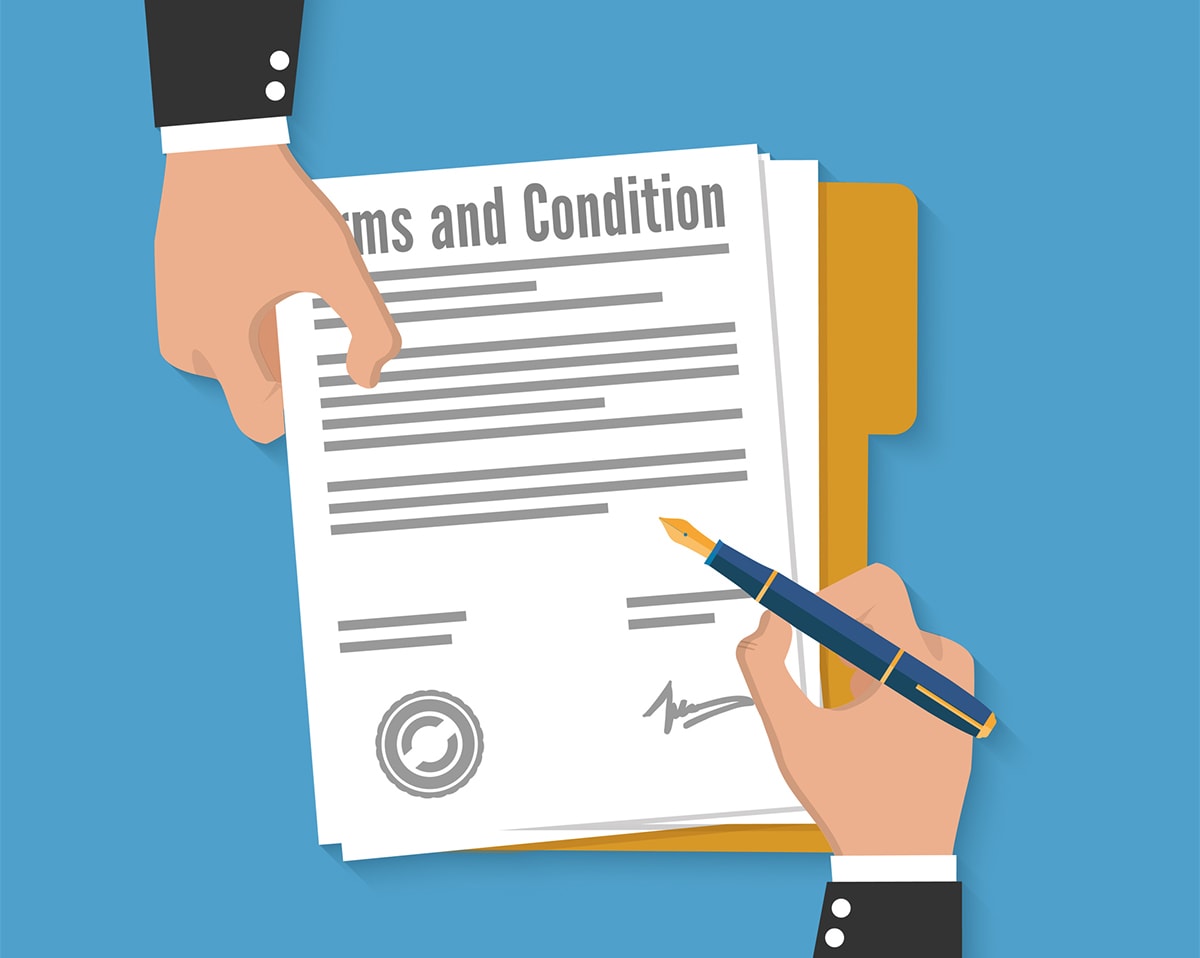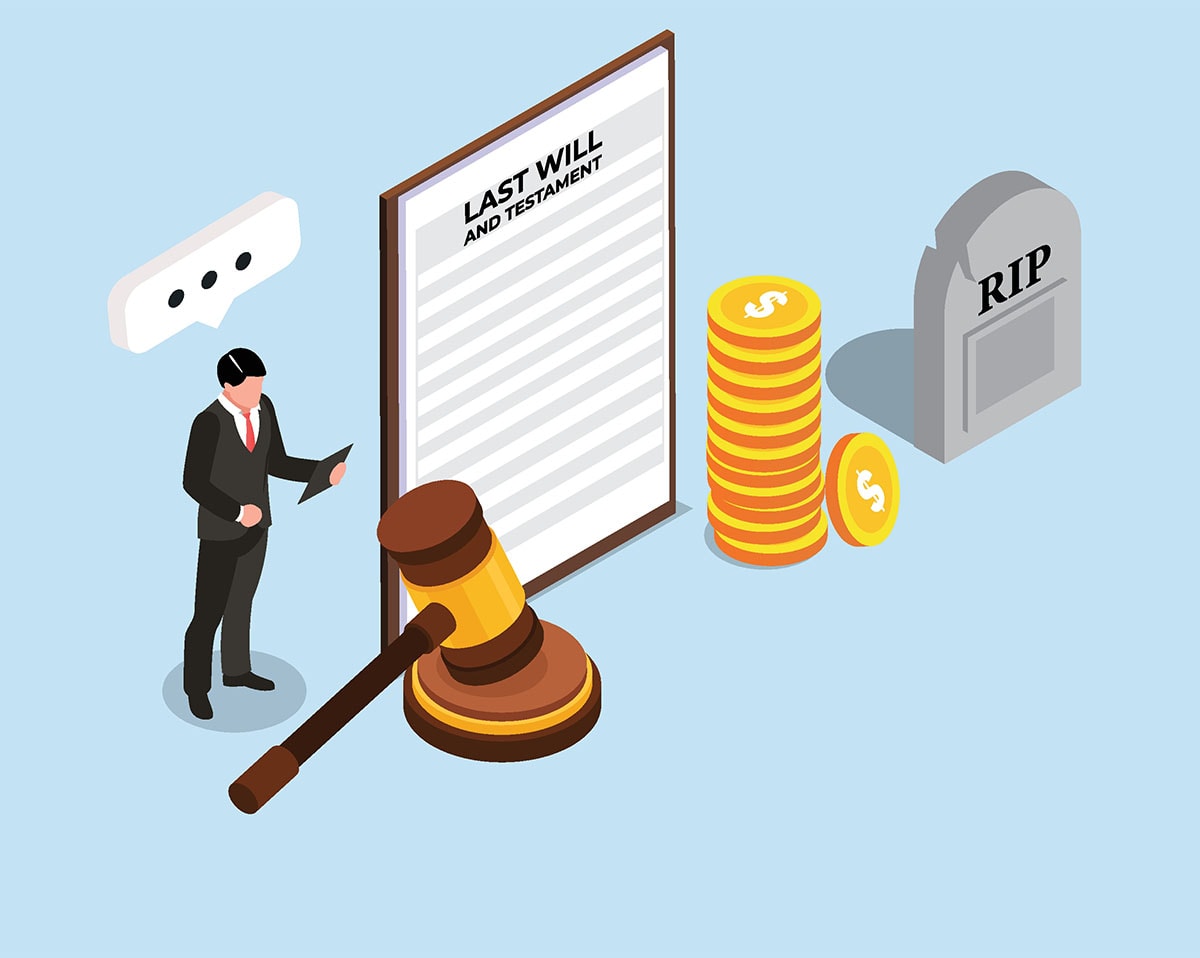
Six Mistakes to Avoid When Selling Your Insurance Agency
Watching the Superbowl got me thinking about the likeness of football to selling an agency. It takes a team to get a deal done, and a good quarterback is key. You’re driving to a goal line, and usually, the toughest part is once you get into the last 20 yards. I could keep going on the similarities…but won’t.
One way in which the two are not alike is that football allows for do-overs. Unfortunately, you can’t unwind a sale transaction once it’s done by throwing a flag. You can’t get time back on the clock either. Since you will only sell your agency one time, it’s vitally important that you get it right the first time. So here are six mistakes to avoid when selling an insurance agency:
1) Not preparing for the process. I know that as an agency owner, you frequently get solicited by people about selling your business. There may come a day when a party catches you at the right time or says the right thing, and you might be tempted to see where the conversation goes. Don’t. If you have not prepared for the sale process, do not start negotiating with a buyer. There is a high likelihood that you will waste a lot of time. It will start as a casual conversation, move to a request for information and then drag on ad nauseum, possibly ending with a renegotiation (read examples here). If you’re going to sell what is likely your most valuable asset, prepare for the process.
2) Not selling at the right time. Value multiples today are 25% or more higher than they were 5-10 years ago. Agency revenues are also up due to a robust economy, which compounds with the higher multiple to yield significantly higher net proceeds. As I have illustrated in a previous blog post, if you miss the prime selling window, you could end up working a few more years essentially for free. Like any investment, timing the market is very important for selling your agency for top dollar.
3) Not getting input from the right people. Most agents and buyers think they know the marketplace. They don’t. Unless someone is out there negotiating with a variety of buyers on a daily basis, how could they? We recently picked up a client that was negotiating with a top 100 agency about a sale. The buyer tried to convince the owner that their offer, which included a below-average multiple with only 50% down, was the norm. In just about every one of our sell-side engagements, buyers bidding on an agency are shocked when they find out another buyer outbid them, sometimes quite significantly. They don’t understand another party’s synergies, cost of capital, or risk tolerance. We’ve had clients who sought input from their accountants on the agency’s value, and the accountants pulled out old rules of thumb from 20 years ago. Get input from people that actually know what is going on in the market today and do it before you start negotiating the sale of your agency.
4) Not soliciting offers from a variety of buyers. Over and over again, I hear about agents selling to a buyer that solicited them without seeking additional offers. The average person wouldn’t sell their house without taking multiple bids, so it’s surprising that a business owner, who is typically more astute than the average person, would go about selling their most valuable asset so haphazardly. I recently called on an agency owner and found out that he sold to a buyer I know. He told me the terms of the deal, and I was shocked because the same buyer had paid 30% more for a lower-quality agency not two months prior. The owner told me he was solicited by the buyer and took the offer they presented. We also had a client this last year that was contacted by a large buyer and received an offer they thought was fair. The owner was skeptical when we told them the agency was likely worth $1M more than the offer they received and later ecstatic when we sold it for the higher amount. Even legitimate buyers will bid low when they have no competition.
5) Carrying too much risk post-sale. When you sell the agency, the majority of the risk should shift to the buyer. In today’s market, most deals are getting done, with the seller receiving 80% or more of the purchase price at closing. Some buyers will try to get sellers to finance a significant portion quoting reasons such as “minimizing your taxes” and “making a good interest rate on the money.” With the current tax law, the tax savings – possibly 5% on capital gains – are not sufficient enough to justify the risk, and a good mutual fund will provide a similar rate of return at very low risk. Borrowing money for an agency acquisition has almost never been so easy too, so there should be no reason why you should be the buyer’s bank.
6) Not staying in control of the process. You may not have experience in a sale process and most likely don’t know a specific buyer’s process for closing a deal. That puts you at a disadvantage and creates an opportunity for the buyer to take control. The power shifts once you sign an exclusive Letter of Intent because the buyer moves into the driver’s seat. If the buyer is given control, they will generally act, you will respond, and you will have almost no knowledge of where you stand in the process. Even when you place deadlines in the LOI, some buyers ignore them, and 2 months becomes 3, 4, 6, or more (I’ve heard of deals taking over 12 months!). The only way for you to maintain some control is by holding to hard deadlines. If the transaction is not done in 4 months, walk away because the odds are that it’s not going to happen.
Football season is over, but before I depart this analogy, don’t forget that winning teams hire the best quarterbacks. We’ve been involved in over 180 deals and completed over 700 valuations of agencies around the country. As such, we know the game, the plays and all the players. And even though Tom Brady and I are the same age, I don’t have any plans on retiring anytime in the near future.
Posted by: Michael Mensch, CBI, M&AMI and Managing Partner
Experts in Insurance Distribution Business Valuation, Sale, and Acquisition
We deliver superior results through our industry expertise, transaction expertise, and professional network.
Contact us



